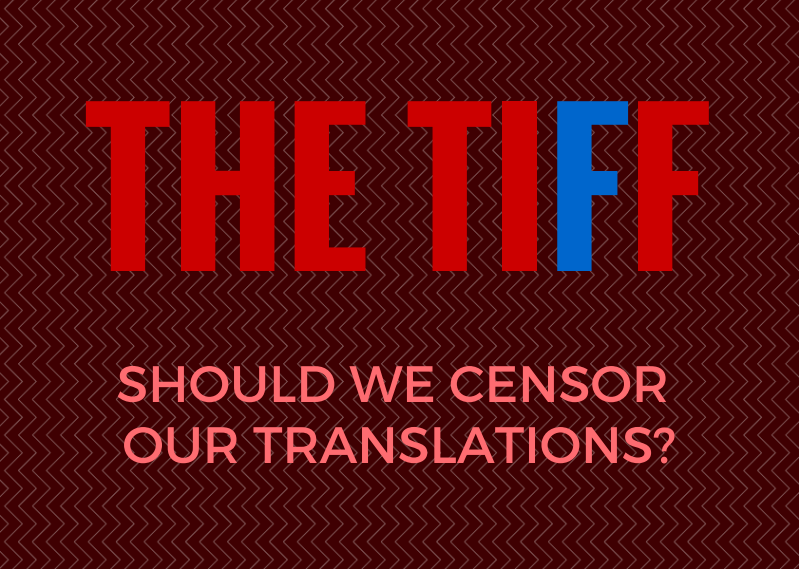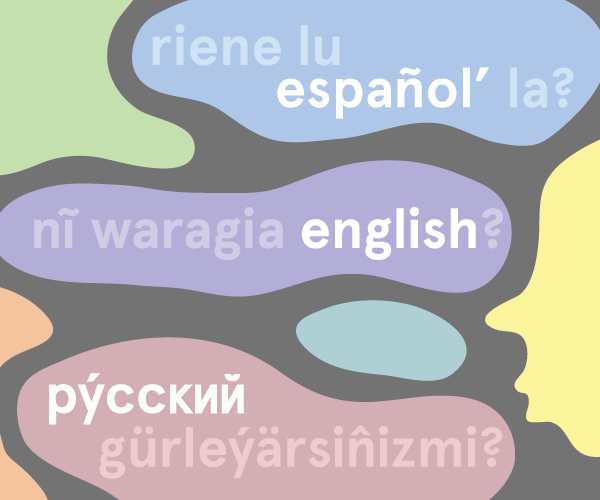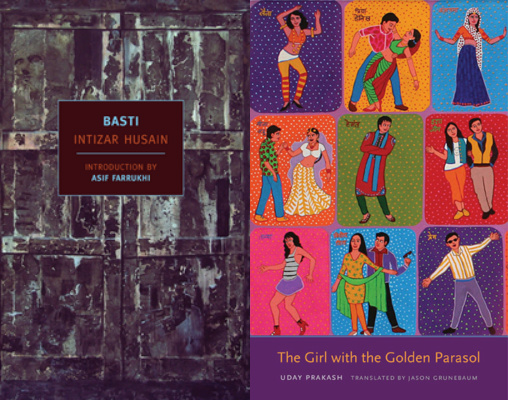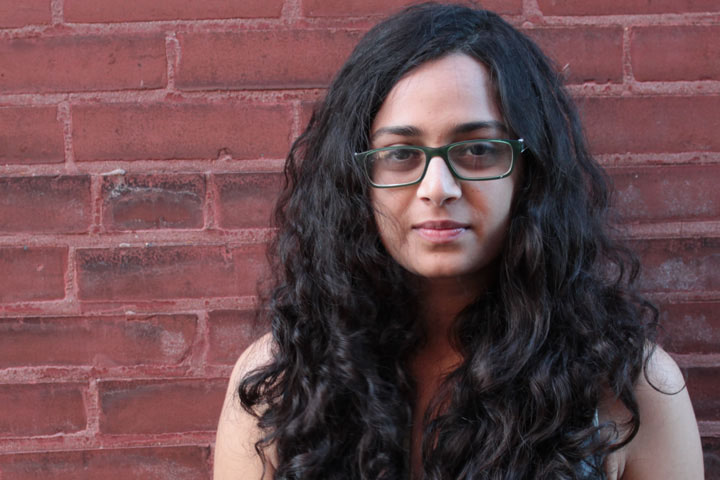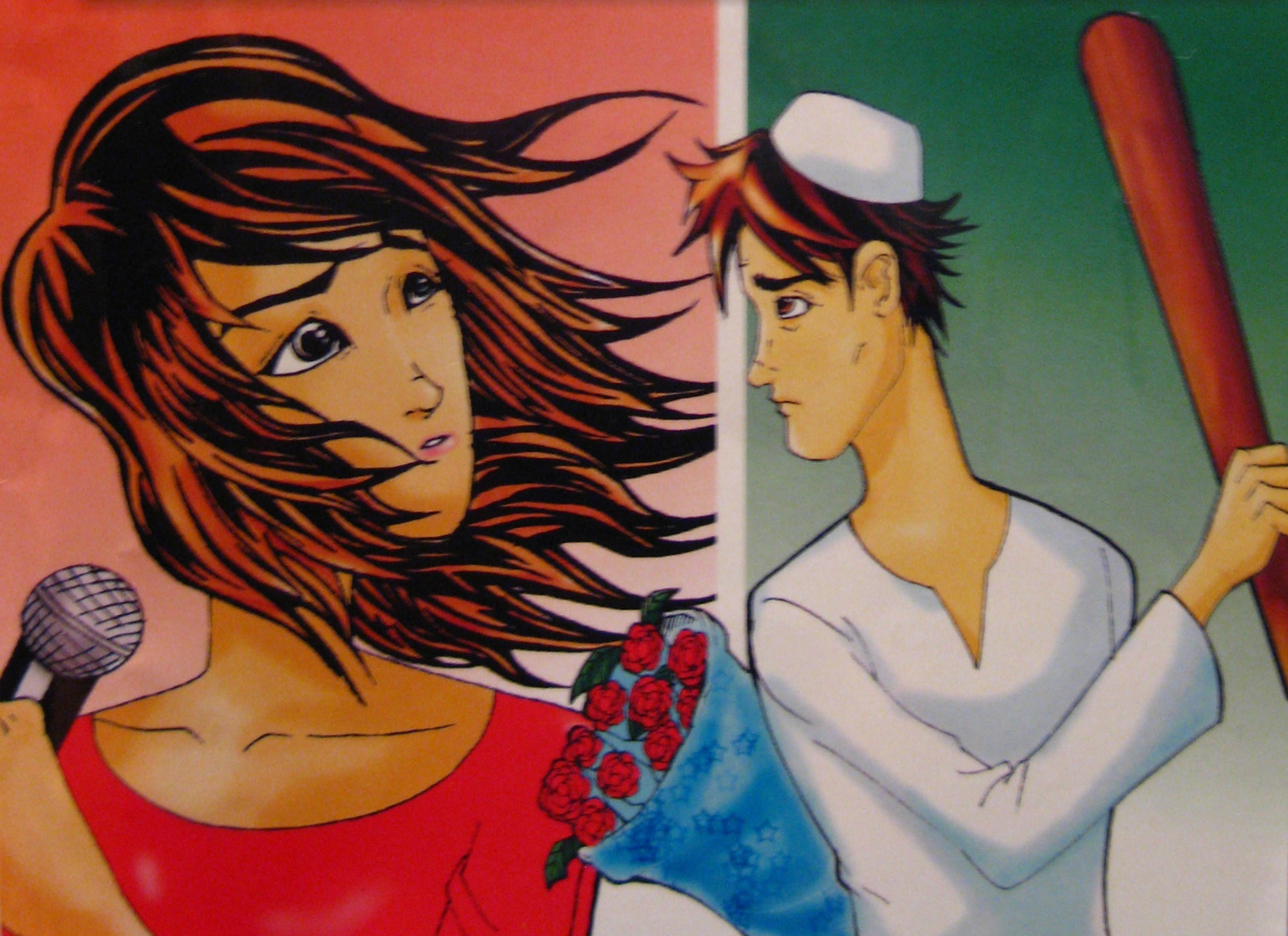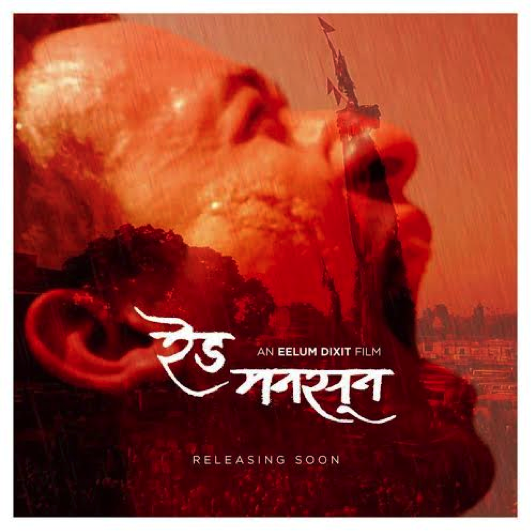M. Lynx Qualey: The most important decision a translator must make is: Will I translate this text?
Being an essentially freelance profession, translation has a mountain of drawbacks, but it does make a bit more allowance for choice. The injunction to “translate only what you love” works—as long as you have a stable income outside of translating. I prefer Samah Selim’s version: “Never translate a book you don’t like unless you have to.” Or my own: “Never translate a text you think you’ll regret (unless creditors are outside the window).”
Yet what makes for a “politically problematic” text may have less to do with the text itself and more to do with context. Propagandists thrive on selective translation. The MEMRI “media monitoring organization,” described by Guardian reporter Brian Whitaker, is perhaps the largest ongoing Arabic-English translation project. Some of the individual news and cultural texts that MEMRI translates might be innocuous, but the project as a whole furthers a political agenda.

